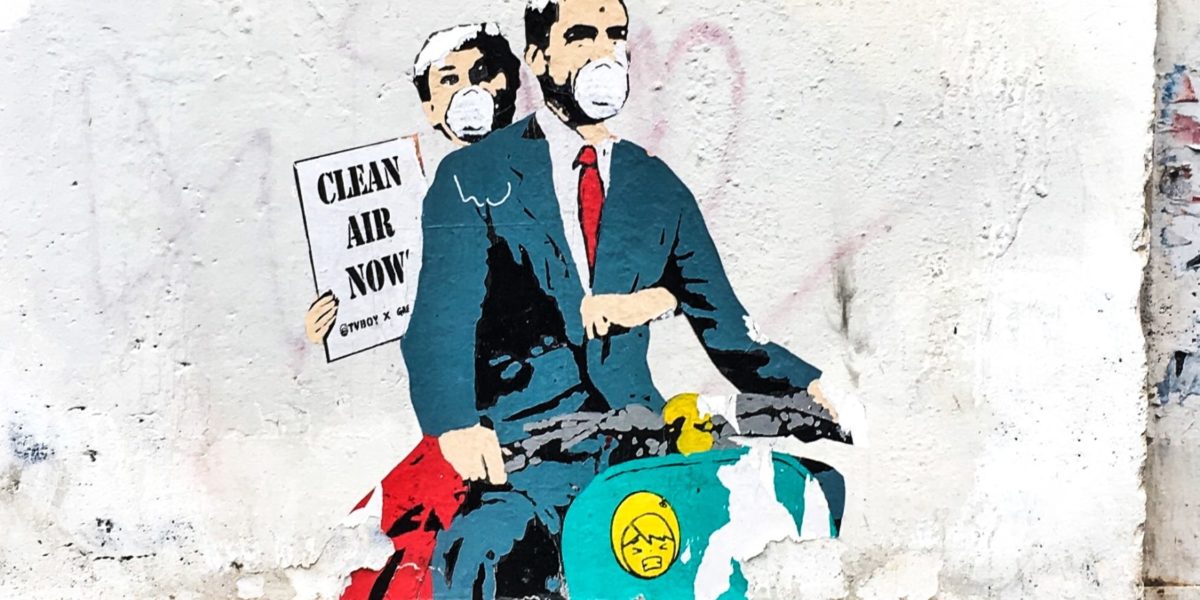Birmingham breathes
Cities looking to clean up air pollution face backlash
Birmingham has launched England’s first clean air zone (CAZ) outside London.
However, within a minute of its launch, penalties were suspended for a further two weeks. The council state that they were inundated by last minute exemption requests from locals and relabelled it a “soft launch”. Furthermore, a survey found that the vast majority of local residents were unaware of the new regulations being imposed.
When it happens
Private cars as well as commercial vehicles will face charges.
Campaigners claim it as a major turning point for the former UK “motor city”. Birmingham has been plagued by poor air quality for years.
Drivers of older polluting cars, taxis and vans who travel into the centre of Birmingham will face a daily charge of £8. Meanwhile buses, coaches and HGVs will be charged £50 a day.
It is estimated that a quarter of cars in the city will be affected. However, there are temporary exemptions for commercial and community vehicles, and some workers and residents.
Pandemonium
The scheme has already suffered an 11 month delay due to the Covid pandemic and some technical issues. It has also sparked controversy with businesses that are struggling to get back on their feet after lockdown. Opponents also believe that it will disproportionately affect lower earners and taxi drivers who cannot afford to upgrade their vehicles.
But Birmingham is just one of a number of cities planning to introduce CAZs. The move comes after the government lost a high court battle over breaches to legal levels of air pollution in England and directed 37 local authorities to take action.
However, a number of cities have delayed their plans because of Covid.
Leeds scrapped its CAZ proposals, claiming air quality targets had been achieved through buses, taxis and lorries switching to cleaner engines. Bath introduced a CAZ in March, but only charging commercial vehicles.
Damned statistics
Labour MP Khalid Mahmood claims the council used “incorrect and manipulated information and data” to justify the scheme. A vocal opponent, he argues a cleaner and cheaper bus service would be a more effective route to clean air.
Waseem Zaffar, a Labour councillor and cabinet member for transport and environment, believes Mahmood is using “misinformation to undermine efforts to improve air quality”. Data shows nitrogen dioxide (NO2) levels are above the legal limit in 19 locations across the city.
Positive impacts?
Many business owners agree with the CAZ in principle. However, they worry about the impact at a time when they were trying to coax people back into the city centre.
Yet, Richard Butler, the Confederation of British Industry’s West Midlands director, says focus should be on the long-term economic impact. CBI analysis shows a £7m annual benefit to the city by reducing deaths and hospital stays related to air pollution. “I think you’ve got to look at the macroeconomic impact on the economy as a whole,” he states.
“It’s always difficult to say whether the time is appropriate. But there’s an awful lot of people who will start travelling again [after lockdown], so bringing it in at this point in time might encourage more people to change their behaviours. Pre-Covid there were far too many people in the rush hour of most British cities, and far too many people in cars with no passengers.”
Public service
Others have argued Birmingham is lacking the public transport services to allow people to move away from vehicles. “The new train stations and the tram extension are still not finished, the buses aren’t as regular as they should be. The infrastructure is just not in place,” says Desmond Jaddoo, a community activist in inner-city Birmingham speaking to The Guardian.
A spokesperson for Birmingham city council commented: “The CAZ is just one element of a much bigger move to improve air quality and health in the city. We are investing in public realm projects and other infrastructure schemes to improve walking and cycling facilities in the city.” Birmingham’s bus services i seeing an investment of £170m to improve services.






